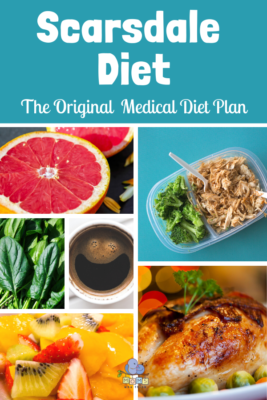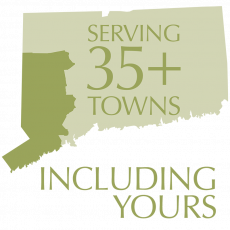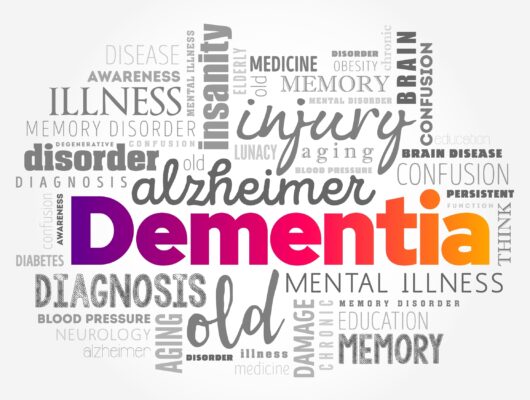

Understood. Us too! Just a good re-set to lose weight, get back on track, break some recent habits, feel better, and start the year off right. There’s just one problem. Our RVNAhealth registered dietitian, Monica Marcello, MS RD, won’t let us. 😊
Why Not?


Here are Marcello’s concerns about diets:
- Diets set you up for failure by neglecting your individual needs and promoting an unsustainable approach.
- Diets don’t work. Studies show that many dieters regain more weight than they originally lost.
- Diets are often expensive. Specific diet food plans may cost between $100-500 per week and dietary pills and supplements may cost between$50-$200 per package.
- Diets and healthy eating are not synonymous. Low in calories does not mean high in nutrition.
- Diets can mess with your metabolism. When you’re dieting and in a moderate to extreme calorie deficit, your body learns how to adapt on fewer calories and can therefore stunt weight loss prematurely. Not only is this counter-intuitive to your goals, it can also add frustration and mental fatigue.
Why the Diet Appeal?


But there are other reasons too:
- Diets are big business and have been for decades. According to marketresearch.com, diets were a $78 billion dollar business in the United States in 2019, and that number is on the rise.
- There’s a certain quick-fix appeal. If this, then this, and all will be better.
- Deprivation for a finite time sometimes seems easier than moderation for a lifetime.
- The jumpstart effect. Sometime people just want a wholesale change to interrupt current habits and put themselves in a better position quickly.
What’s a Dieter to Do?
Assess Your Goals.
If you really want to lose weight —for good — a diet is not the answer. You need a plan that works for you, your lifestyle, your goals, and your personality.
Through sustainable and healthy weight loss, done right, you can learn long-lasting tips/tricks that do more for the body beyond weight loss. You can improve your health and wellness by recognizing and responding to your internal cues and realities — hunger, fullness, food likes/dislikes, time for cooking, budget, sustainability. If it’s going to work, it needs to work for you and your life.
Weight Loss 101


Foods First. Foods First is an evidence-based approach that encourages individuals to eat intuitively and consume a variety of foods that assist in achieving good health
Prioritize nutrition over calories and the rest will fall into place —if you’re patient and approach correctly!
Try not to make weight loss the absolute priority and only goal. Let other aspects of your life be the guiding force for changing your diet.
Back to Basics.
There is evidence-based research that supports a common eating style: Unprocessed, Plant-rich, Whole foods, High nutrition. All of the conditions below can be managed by adhering to these essential concepts.
- Family history of high blood pressure, heart disease, Alzheimer’s
- Struggling with mood and mental health disorders
- Stomach or bowel issues
- Diabetes and prediabetes
- Skin
- Inflammation and joint pain
- Energy and brain fog
- Creativity
I still want to diet to reset my habits. It’s worked in the past for me.
Oh, for goodness’ sake! You’re incorrigible! Let’s talk. If you must diet, you’ll want to do it as healthfully as possible, and be sure to transition from your diet to a subsequent plan that will reward your hard work. If you have a particular diet that’s interesting to you, we can review the benefits and pitfalls; identify what to watch out for; plan for what to do when you’re ‘done,’ and consider other lifestyle habits that might help you along.
What Next?
If you’re serious about losing weight, getting healthy, managing a condition, or dieting safely, get in touch! The first 25 people to click the link below will receive a 15-minute nutrition consultation and $50 off your first visit.





